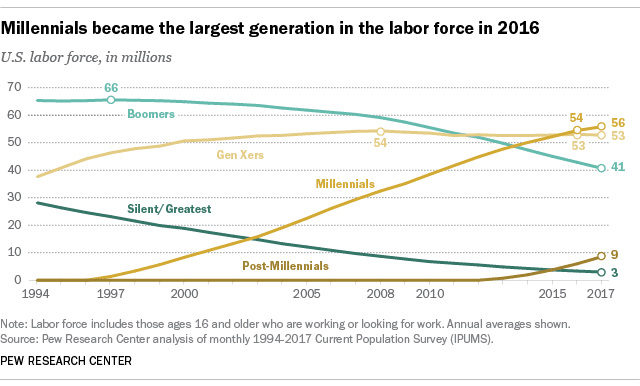LeadFirst Leadership Development Model
90% of employees in purpose-driven organizations report being engaged, compared to 32% of employees in other companies.
Different Expectations
Millennials likely now make up the majority of your workforce. And compared to their predecessors, this generation brings different expectations to work. According to a 2015 Deloitte Study, a “sense of purpose” is part of the reason they chose to work for you. But they likely won’t see the “why” behind their work unless you show it to them. If we want the best out of people, we must connect them to purpose in their work. However menial some jobs may seem, every person’s work matters, and their unique ability can make life better for the rest of us.

Win at Work
People come hard-wired to win. In 2015, Gallup observed that employees who work for a manager who helps them set performance goals are 17 times more likely to be engaged than disengaged. In contrast, employees who strongly disagree that their manager helps them set performance goals are almost seven times more likely to be disengaged than engaged. The take-away? Most people want to succeed in their jobs. It may not seem true when you greet the sea of gloomy faces on Monday morning, but we have a deep, innate desire to do meaningful work and win at work.
Winning Looks Different
Every person has work that only he/she can accomplish. President John F. Kennedy once famously asked a NASA Janitor, “What are you doing?” The man answered, “Putting a man on the moon!” To be a purpose-driven leader means you are adamant to help every employee discover the meaning inherent in their work, showing them how the direct connection between their job and the organization’s mission and strategy.
Profit and Purpose
Profit is the natural by-product of purpose in work. Focus on solely on profit, and you may swindle customers in the short run but, as is common knowledge, people stop doing business with people and organizations they don’t trust. Instead, if you focus on purpose, bringing real and lasting value to your customers, they will reward you with lasting profit. In fact, according to a Korn Ferry study, purpose-driven businesses have 4x’s the compound annual growth rate (CAGR) of companies in the S&P 500 Consumer Sector.
Leaders Need New Skills
Leaders need both hard and soft skills to connect people to purpose in their work. ‘Hard’ skills translate the strategic objectives into clear, measurable responsibilities for every worker. ‘Soft’ skills are the emotionally intelligent efforts and gestures needed to motivate people, communicate clearly, give thoughtful feedback, and be a champion for their employees individual contribution to the bigger effort of the organization. Every employee wants to know their manager has their back.
Subscribe to the LeadFirst Briefing
Conquer Chaos in Your Business
- Order copies of Built to Beat Chaos for your team
- Lead your team through the Discussion Guide
- Set a vision for your business with the LeadFirst Purpose Workshop.





